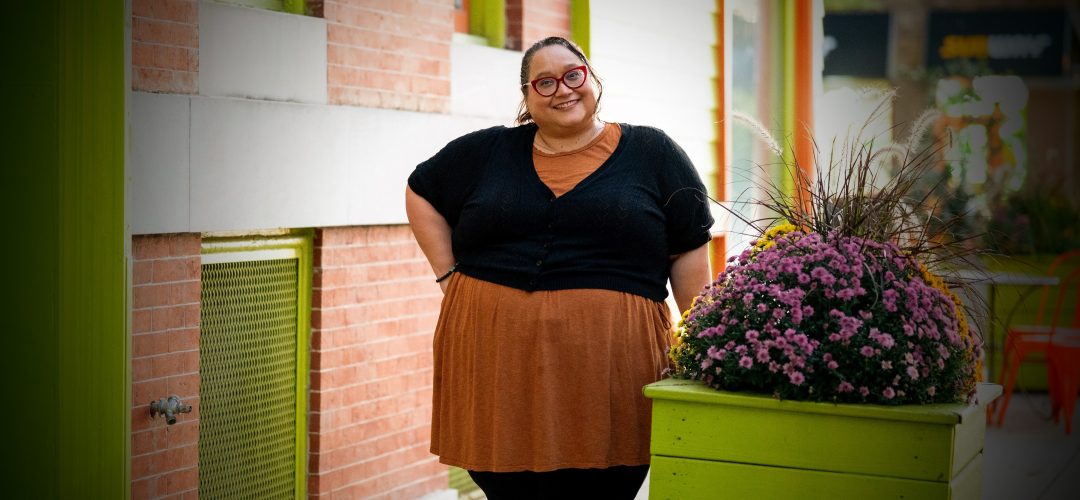I’m Rebekah D. Mason—a Chicana playwright, poverty advocate, and witness to the stories that often go unheard.
This is a space where voice, justice, and joy converge
Here, I’m reconnecting with my voice through storytelling, recovery, and sacred resistance. Waiting for Lefty is more than a blog—it’s a digital altar, a journal of healing and fire, a collective breath for those pushed to the margins.
If you believe that justice and joy walk side by side, you’re already part of this story.



